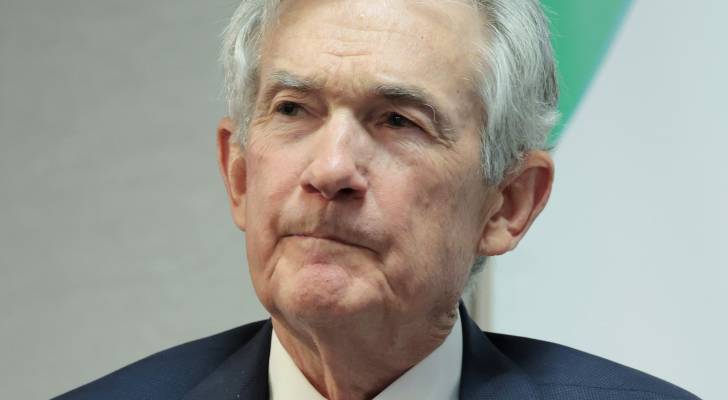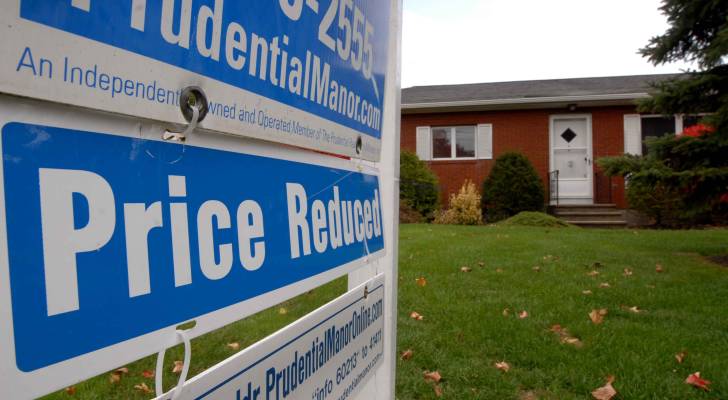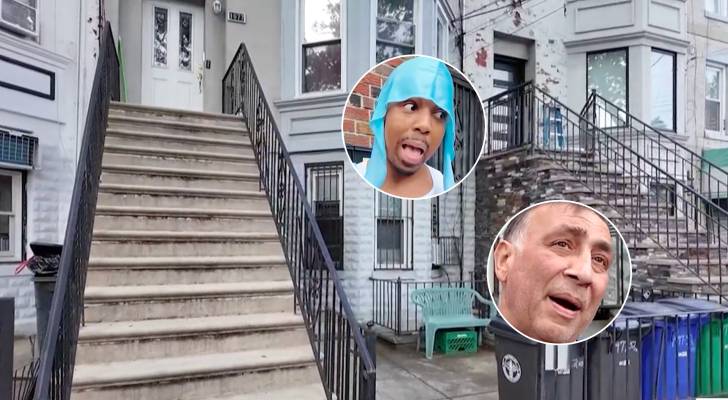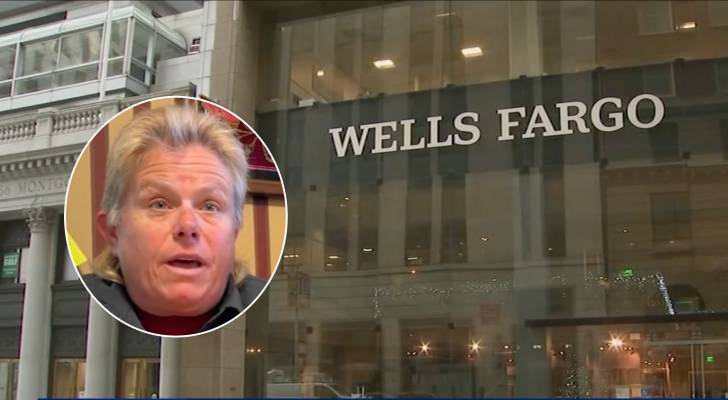Living the dream, leasing the nightmare: Young renters are now paying over $6,000 a month to chase the ‘West Village Girl’ fantasy


To her million-plus followers, Miranda McKeon isn’t just living in the West Village — she’s selling the dream. At 23, her mix of polished fashion posts and raw honesty about her breast cancer journey has built a brand that feels both aspirational and relatable, with her West Side Village lifestyle front and center. Long before […]
‘It was worth every penny’: One woman confesses to shelling out $24K to meet her husband — as luxury matchmaking services grow, are singles getting a sufficient return on their investment?


Meeting a partner was often reliant on chance encounters — a glance across a room, a friend’s casual introduction or meeting an unexpectedly charming neighbor in the lobby of your building. Now, dating has become less about serendipity and more about strategy, subscriptions and some serious spending. The dating services industry in Canada was valued […]
A New Jersey man borrowed $20K from his brother to go to law school, but bought a car instead — then crashed it. Here’s the advice he got on John Mulaney’s new Netflix talk show


When a loved one is in need, lending a helping hand can feel like second nature — even with a price tag. On a recent episode of his new Netflix talk show, Everybody’s Live With John Mulaney, the comedian explores what it really means to help someone — and the consequences that can follow. Don’t […]
Prices don’t go down: Jerome Powell says it’s too early to debate monetary policy as economy remains solid – but that optimism is not being felt in American households


Despite policy shifts under the Trump administration — from tariffs to immigration to federal spending — Federal Reserve Chair Jerome Powell says the U.S. economy remains on solid footing. While the long-term effects of the policy changes continue to unfold, Powell signaled no urgency to adjust monetary policy, citing a strong labor market and easing […]
‘It was a calculated attack’: This Chicago man won a whopping $800,000 in sports bets at Midwest casinos — but they refuse to pay. 3 ways to make sure you cash in on big wins


Thomas McPeek didn’t just stumble into a lucky streak — he studied for it. The 24-year-old from Chicago spent last year diving into the world of sports betting, placing dozens of complex, high-risk wagers on football — called parlays — based on odds he believed he could beat. “It was a calculated attack where I […]
The US housing market now has 500K more sellers than buyers — the most ever recorded, says Redfin. And that means some have to accept ‘the writing on the wall’ as far as home prices go


The tables are turning in the U.S. housing market, and this time, buyers are calling the shots. There are an estimated 1.9 million homes for sale across the country, but only about 1.5 million active homebuyers. That leaves a gap of nearly 500,000 — the largest on record, according to Redfin. Don’t miss I’m 49 […]
This Brooklyn landlord with diabetes is clashing with tenant over 1st-floor unit, unpaid rent — but tenant is going nowhere and accuses him of harassment. Who’s right?


A landlord-tenant showdown is unfolding in Borough Park, and it’s raising questions about housing rights, health needs and who gets to decide who stays and who goes. Landlord Aneiello DeGiuda, a diabetic homeowner in a multi-family building, says climbing the stairs has become too much for him. He wants to move into the more accessible […]
‘There’s a huge percentage of the US population that isn’t getting access to these medications’: Novo Nordisk makes game-changing $2 billion deal for new obesity drug


Danish pharmaceutical company Novo Nordisk — best known for its blockbuster weight-loss drugs Ozempic and Wegovy — has signed a $2 billion deal to acquire the global rights to an experimental obesity treatment from China’s United Bio-Technology (Hengqin) Co. The March 24 agreement includes milestone payments of up to $1.8 billion, plus tiered royalties. Don’t […]
‘Get a life’: Some singles now secretly test their dates to weed out ‘gold diggers’ — but financial guru Ramit Sethi says there’s a better way to gauge financial compatibility early on


First dates already come with unspoken tests, but one new trend — the so-called “gold digger test” — is turning dinner into a financial trap, leaving some singles blindsided and offended. Imagine this: You’re on a date set up by a mutual friend. You’re financially independent, settled in your career, own your home and you […]
‘I’m just livid’: This California woman thought she was tipping $5 until she realized she’d entered $5,000 — only to be told it couldn’t be voided. What to do if it ever happens to you


Americans have long grumbled about tipping culture — but now digital checkout screens are turning that frustration into full-blown financial disasters. Sometimes, the issue isn’t just pressure to tip — it’s how easy it is to make a costly mistake. One in five Americans say they’ve accidentally tipped more than intended on digital checkout screens, […]